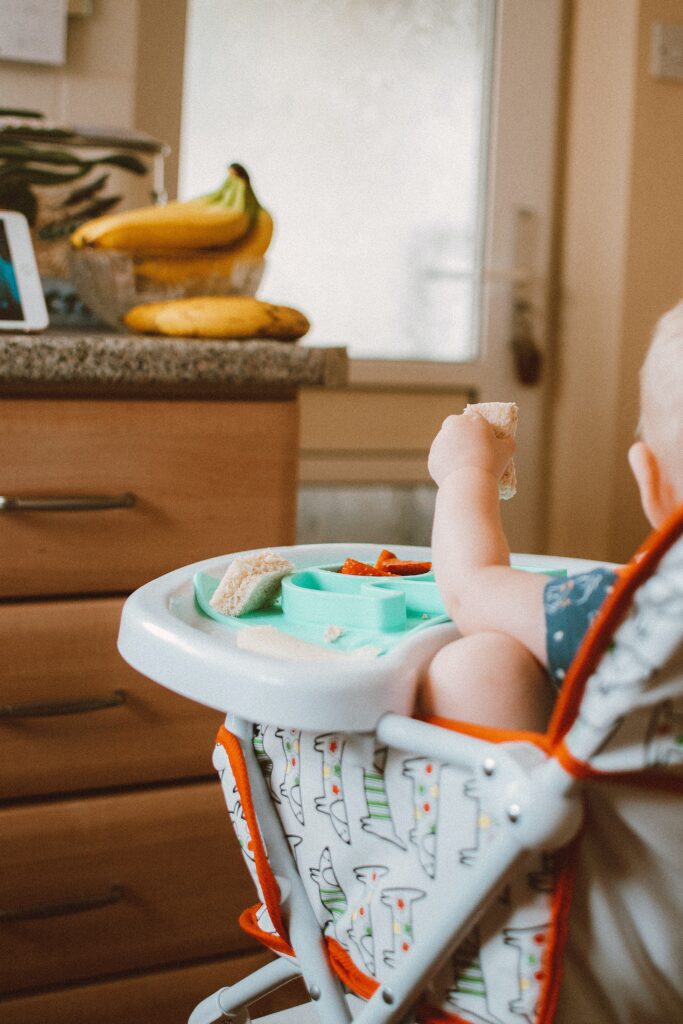Going through a new stage of their baby’s life, parents can feel confused and worried. Introducing solid foods is an ‘interesting’ but a little bit stressful process because you don’t know your baby’s reaction before trying it. So here are some main recommendations on how to make introducing solid foods safe and pleasant.
When?
Babies don’t need anything except breastmilk (or formula) for the first six months of life. Whilst it’s very common for parents now to feed babies before six months, don’t feel you should just because your friend is doing it. Around six months of age, you can start to give your baby ‘real food’. Babies should be able to sit upright and hold up their heads, they need to be interested and curious about food and they can remain slightly hungry after breastmilk or baby formula. You normally know when its time as your will notice your baby watching you eat, or even trying to take or eat your food!
How?
The main idea is not to rush. It’s a new experience for your little one and you should do everything step by step. If you are breastfeeding or formula-feeding, continue doing it and introduce some food in small pieces and quantities. You may give some food products and wait for 1-2 weeks. You can try lots of things inn small quantities or just offer a couple of things to start with. Go with the flow and be lead by your child and your instincts. Experiment with your child’s diet carefully and if you are concerned about possible allergies, keep a diary. It will help you to indicate your baby’s preferences and measures.
What?
A baby can taste almost all foods, but only in small quantities. Don’t forget that ultimately your child needs a wide range of nutrients, so the diet should be as diverse as possible. Fresh fruits and vegetables are great healthy snacks for kids. You can give your little one bananas, apples, peaches, pears, mango, berries, kiwi, broccoli, cauliflower, courgette, carrot, potatoes and others. Meat and fish also play a fundamental role in your child’s diet as they are rich in high-quality protein that gives your baby energy and strength to develop. So white meat as chicken and turkey will be a great idea for a snack. Don’t be afraid to introduce dairy products, lots of babies enjoy yoghurts for example, but do watch out for the sugar. Try natural yoghurt with fruit.
The main idea is to give a baby only healthy and nutritious food. These products will be interesting for your little one to try and tasty without any additives like sugar or salt. Try to cook in a way that retains the nutrients in the foods – for example, boiling, steaming and baking. While giving something to your baby for the first time, make sure it is easy to chew and swallow.
Keep these pieces of advice and enjoy the process – just watch out for the occasional flying food item as they try out their taste buds!


